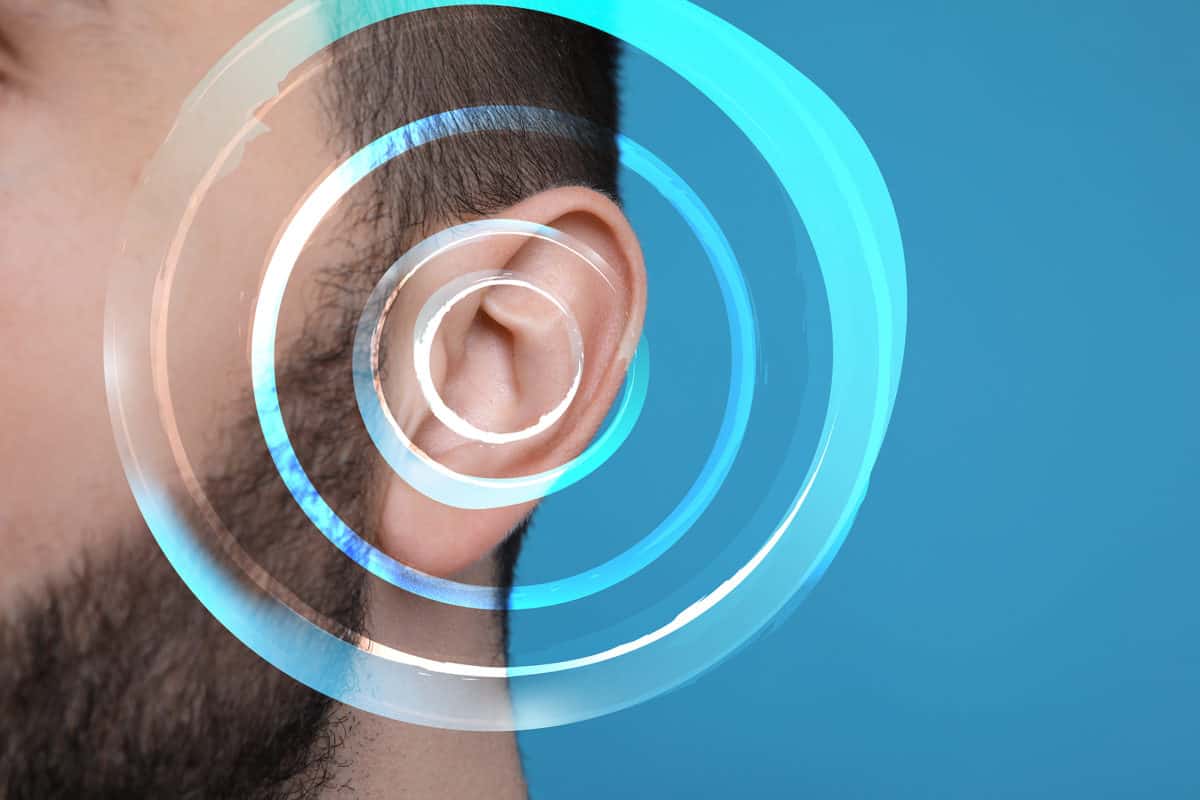- Up in Smoke: Exploring the Hidden Risks of Tobacco Use on Hearing Health - April 10, 2024
- Navigating Hearing Loss as a Millennial - March 13, 2024
- Understanding the Testing Process: What to Expect During a Hearing Evaluation - February 14, 2024
Noise-induced hearing loss is one of the major causes of hearing loss. 20% of Americans, or over 48 million individuals, suffer hearing loss. While hearing loss might be a common side effect of aging, it can also develop earlier due to trauma, disease, infection, or exposure to loud noises throughout your lifetime.
What is Noise-induced Hearing Loss?
We are exposed to excessive noise daily, from loud workplaces, rumbling traffic, or even sounds like the TV, vacuum cleaner, or appliances. The hearing loss brought on by excessive exposure to the loud sounds in our environment is known as noise-induced hearing loss (NIHL).
The buzz of an air conditioner or traffic sounds won’t initially hurt your ears, but if you are subjected to certain everyday noises, the effects may add to noise-induced hearing impairment. NIHL may develop suddenly or slowly. Hearing loss may also occur abruptly if you are subjected to a loud noise like a gunshot or engine backfire near your ear. Your hearing may be irreversibly ruined in only one second.
Hearing loss and decibel levels
How loud is too loud, then? We must first discuss decibel levels to respond to this query. Decibels are the units used to measure sound (dB). Even after prolonged exposure, it is unlikely that sounds under 75 dB would result in hearing damage.
Hearing loss, however, may result from prolonged or repetitive exposure to noises at or above 85 decibels (about the volume of a vacuum sweeper). Most countries limit noise exposure for public safety concerns, and 85 decibels over eight hours is the most typical maximum allowable noise exposure level.
What are common causes of Noise-induced Hearing Loss?
Up to 30 million Americans are exposed to potentially hazardous noise at work. The use of power tools, loud music, and recreational vehicles like motorbikes are among the leisure pursuits that many people engage in outside of the workplace. The danger becomes more apparent if you understand the danger of decibel levels over 85.
Ensure you’re wearing hearing protection since certain household appliances, like the lawnmower or leaf blower, may be as loud as 100-110 dB. Noise-induced hearing loss may affect persons of any age.
It could occur quickly or gradually. The origin and volume of the noise will determine how quickly it occurs. The noise may be dangerous depending on how loud, and long you are exposed to it.
Hearing loss may occur for several reasons.
- One of the most frequent causes of hazardous noise is occupational noise. That’s mainly because you’ve spent years surrounded by it every day.
- A sudden, loud noise. An explosion, a gunshot, or a firework near the ear might permanently harm any delicate structures there.
- Hearing loss and ringing in the ears are two transient effects of loud noises (like a rock concert). Typically, these effects don’t last more than a few hours. But sometimes, they might go on for days or even weeks.
After years of recurrent, regular exposure to loud noises, permanent hearing loss may result.
Treatment of Noise-induced Hearing Loss
The good news is that you can often avoid noise-induced hearing loss by being prepared in advance, using ear protection when necessary, and keeping the level on your listening devices at or below 60% of its maximum.
Using a smartphone application, you can measure a sound’s decibel level if you’re wary of its safety. You’ll be surprised to learn how many everyday noises harm our hearing. It’s time to take action if you suffer hearing loss from noise. Untreated hearing loss may result in various linked issues, including dementia, depression, an increased risk of accidents, and loss of earning capacity. Don’t put off getting help for your hearing loss. Get in touch with us to help maintain your long-term hearing health.
![Audiology Consultants] of Panama City](https://audiology-consultants.com/wp-content/uploads/2018/04/Audiology-Consultants-of-Panama-City-1.png)

